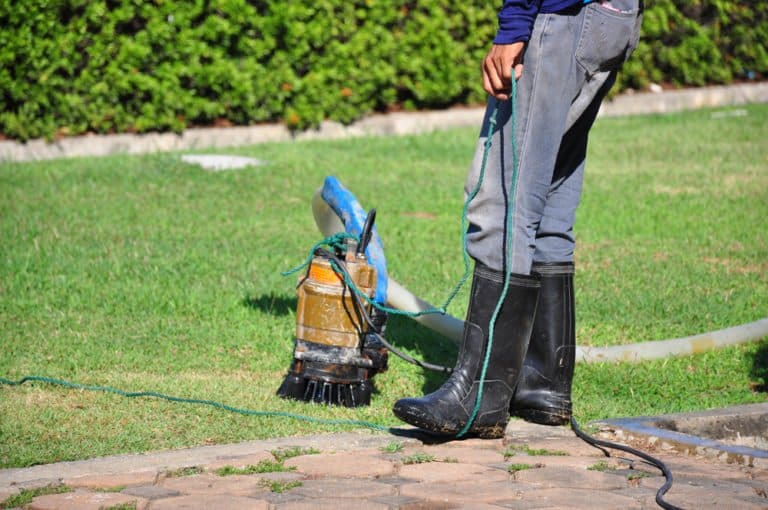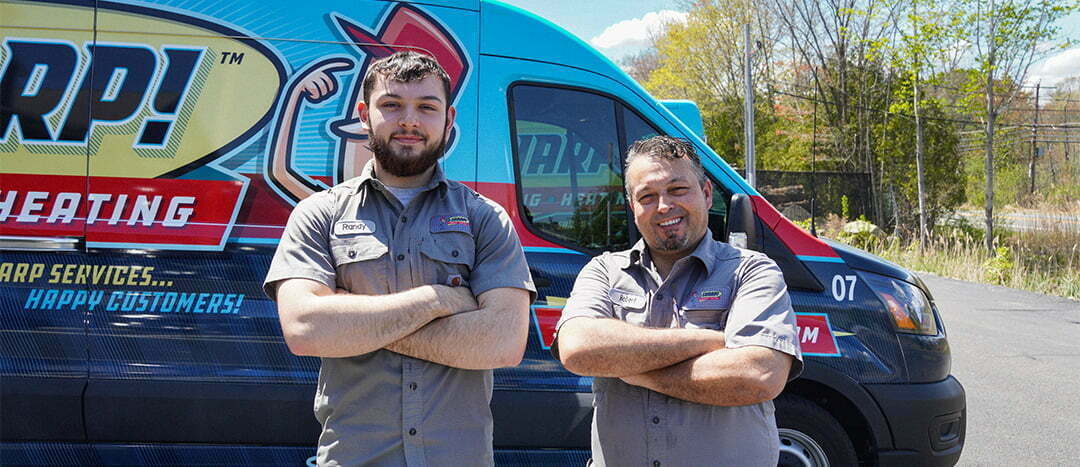When it comes to your sump pump system, the more you learn, the better equipped you will be to both take care of your system and protect your home from flooding. While you search for the best plumber near me, you can do some research on your own to learn more about your system. Here is some of the basic information you need to know about your sump pump, as well as five special tips to help you keep your sump pump working and your basement dry.
What is a Sump Pump?
A sump pump is a piece of equipment that pumps water from near your foundation to another location. The purpose of this equipment is to protect basements from flooding in areas where there is a lot of moisture or the possibility of heavy rainstorms. The sump pump gets its name from the pit, called a “sump”, that is hollowed out below your basement floor.
Different Types of Sump Pump
There are several different types of sump pump that you can choose from when you are considering how best to protect your home. It is always important to check with local ordinances to make sure the option you choose is legal in your area. Most people use either a submersible sump pump or a pedestal sump pump as their primary appliance.
Submersible sump pumps combine both the motor and the pump into one compact system, and both are submerged under the water. A pedestal sump pump works the same, but the motor is placed in a separate location, out of the water. When space and noise are a concern, you can choose a submersible pump. If you want your system to last longer, you should consider a pedestal sump pump instead as they can last a little longer. A “plumber near me” can help you make the best decision.
Do You Need a Sump Pump?
If you live in the middle of a dry climate with very little rain or danger of flooding, you are not likely to need a sump pump. However, in areas with heavy rainfalls or frequent flooding, having a sump pump is a good way to ensure that your basement will not flood. You are more likely to need a sump pump if you have had problems with flooding in the past, if your home is located on a very flat plot of land or land that is under the water table, or if the soil in your area does not drain well.
Where Does the Water Go?
The water from your sump can be set up to go virtually anywhere on your property. However, there are local regulations that may prevent you from draining your water to certain locations. In most cities, it is illegal to connect your sump pump to the sewer line. However, many people have success running the discharge line to a creek or an area that has a natural grade away from the house.
How Long Do They Last?
Sump pumps typically last between 6 and 10 years. Submersible pumps can be subject to a little more wear and tear and will generally not last quite as long. Proper maintenance will help your equipment to last much longer, so you should be sure to find out exactly what your system needs by asking your plumber at the time of your sump pump installation.
5 Tips and Tricks for Sump Pump Owners
If you live in an area where a sump pump is a necessity, you will want to do everything you can to make sure it is always working properly when you need it. Here are a few of our best tips for sump pump ownership.
Maintain Your Sump Pump
Maintaining your sump pump means more than simply scheduling a tune-up once a year. While hiring “plumbers near me” for your annual sump pump maintenance is crucial, you should also be caring for your sump pump quarterly or even monthly.
If your sump pump is located near your laundry or your equipment drains laundry water, your sump pump must be cleaned monthly to keep it from becoming clogged. Quarterly cleanings are a good idea for all other systems since any clog can damage your system. You should always keep your receipts, manual, and other important paperwork for your sump pump in a plastic bag hanging on the wall near your sump pump for easy access.
Invest in a Backup Battery System
If you live in an area with frequent flooding and you are worried about a power outage occurring just when you need your sump pump the most, you can invest in a backup battery system. This is usually a secondary pump that is installed in addition to your primary pump. This pump will run if the amount of water that needs to be pumped becomes too much for your primary pump, or if your area has a power outage.
Test Your Sump Pump Regularly
Your sump pump can be easily tested in between maintenance appointments to make sure it is still working. You can take a bucket of water and empty it into the pit. If the sump pump activates, and the water is quickly and efficiently evacuated, you can rest assured knowing that you are ready for the next storm. If it fails to work, it may have tripped the GFCI breaker or it may require a replacement. You should always know what type of system you have and how it works so that you can do some basic troubleshooting on your own. However, if necessary, you can always search for “sump pump repair near me” to find a reputable plumber.
Clean the Sump Pump Pipes and Pit
To avoid sump pump repair and keep everything in good condition, you should regularly clean your basin. This can be done by manually removing any debris from the sump, or by cleaning it with a wet vac.
Have an Alarm Installed
If you are worried about your sump pump failing and your basement flooding as a result, you can always invest in a sump pump alarm. These units are triggered when the water reaches a certain level, and battery-powered alarms can be purchased for added protection.
There is a lot that you can learn about your sump pump. Gaining knowledge is a great way to save money and protect your home from flooding. By maintaining your system and properly backing it up, you can ensure a dry basement even during the worst of storms.


